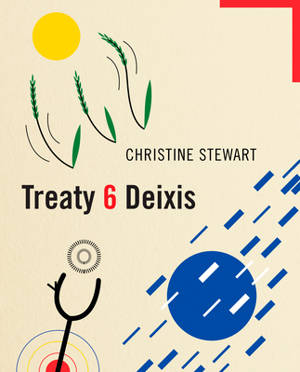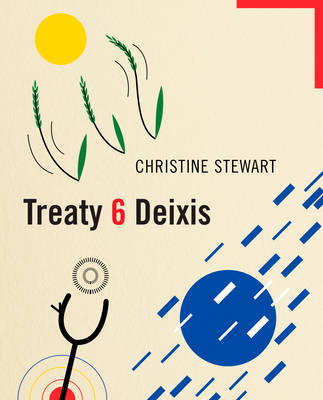
- Retrait gratuit dans votre magasin Club
- 7.000.000 titres dans notre catalogue
- Payer en toute sécurité
- Toujours un magasin près de chez vous
- Retrait gratuit dans votre magasin Club
- 7.000.0000 titres dans notre catalogue
- Payer en toute sécurité
- Toujours un magasin près de chez vous
Description
How might poetic practices undermine racist ideologies and colonialism, engendering ecological attentiveness, and anomalous and compassionate communities? Christine Stewart's Treaty 6 Deixis takes up these timely and pressing questions as it investigates what it means to be a non-Indigenous inhabitant of Canada's Treaty 6 territory, "in this city, on this land, in this country, on this planet, in a way that acknowledges and honours all my obligations and all my relations, the complex web of connective tissues that keep me here." (Deixis is a word or phrase - like "this," "that," " now," "then" - that points to the time, place, or situation in which a speaker is speaking or a writer is writing.)
Written beside the kisiskâciwani-sîpiy (North Saskatchewan River) on Treaty 6 land - which encompasses most of the provinces of Alberta and Saskatchewan - this gorgeous long poem reinstates and re-sounds the extent of the author's obligations, considering the ways in which language can be formally and contextually engaged to refigure and potentially re-articulate the world. Treaty 6 Deixis, Stewart's long-anticipated first solo trade collection, is an exemplary, ethically engaged, and much-needed exploration, and a step towards reconciliation.Spécifications
Parties prenantes
- Auteur(s) :
- Editeur:
Contenu
- Nombre de pages :
- 144
- Langue:
- Anglais
Caractéristiques
- EAN:
- 9781772012125
- Date de parution :
- 20-11-18
- Format:
- Livre broché
- Format numérique:
- Trade paperback (VS)
- Dimensions :
- 150 mm x 188 mm
- Poids :
- 181 g

Les avis
Nous publions uniquement les avis qui respectent les conditions requises. Consultez nos conditions pour les avis.






